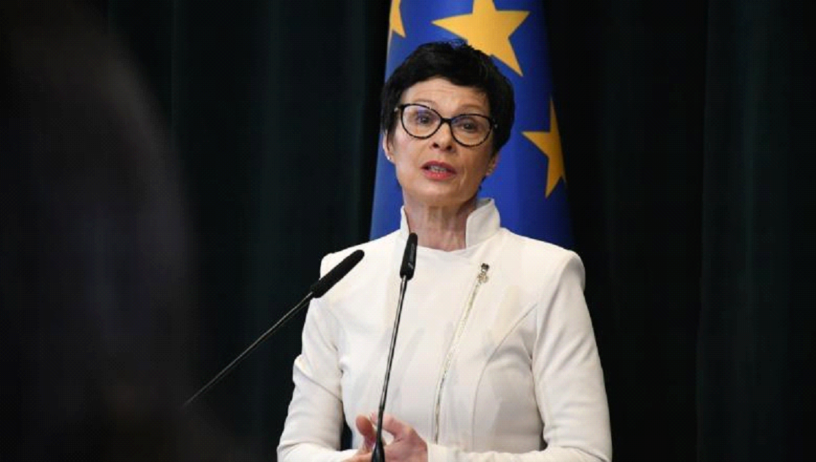The enlargement of the European Union has entered a new phase, where geopolitics plays just as significant a role as the internal reforms of candidate countries. The statement by European Commissioner for Enlargement, Marta Kos, regarding Albania and Montenegro’s progress in the EU integration process indicates that the Western Balkans region is closer to the EU than ever before. According to her, Albania is expected to complete accession negotiations by 2027, while Serbia remains on standby until it meets key conditions related to the rule of law and anti-corruption efforts.
A Long Journey with Concrete Results
For Albania, the prospect of concluding negotiations by 2027 represents a crucial milestone. After decades of reforms, diplomatic efforts, and internal challenges, the country appears to be consolidating its position as a serious EU candidate. The integration process has required profound adjustments in public administration, the justice system, and the economy, but continuous support from the EU has been a significant driving force. Compared to other countries in the region, Albania and Montenegro hold a clear advantage, with a well-defined path toward membership. Montenegro could conclude negotiations by the end of 2026, while for Albania, 2027 is seen as a key year.
Serbia and the Dilemmas of EU Membership
Unlike Albania and Montenegro, Serbia remains in a complex position. Kos emphasized that Serbia’s EU accession will depend on deep reforms in the rule of law, media freedom, and the fight against corruption. Although Serbia is one of the largest economies in the Western Balkans, its political tensions and ties with Russia and China have raised concerns in Brussels.
One of Serbia’s main challenges is “stabilocracy” – a system where political stability often takes precedence over democratic reforms. Ongoing protests and public dissatisfaction indicate that there is internal pressure for change, but the pace of reforms has remained slow. According to Kos, the EU will continue to support civil society and democratic institutions in Serbia by providing additional funding for non-governmental organizations that promote transparency and human rights.
Geopolitics and the Challenges of EU Enlargement
A new factor influencing the enlargement process is geopolitics. The war in Ukraine and the increasing influence of Russia and China in the region have made it clear that the EU can no longer treat enlargement as a purely technical process. For this reason, the integration of the Western Balkans is increasingly seen as a strategic necessity for the security and stability of the continent.
In this context, Kos noted that enlargement is no longer solely based on fulfilling technical criteria but has become essential for strengthening European values and keeping destabilizing influences at bay. Therefore, the EU needs to offer a clearer strategy for Kosovo, Bosnia and Herzegovina, and Georgia, avoiding the political vacuum that external actors could exploit.
Is 2027 a Realistic Date for Albania?
Although Marta Kos’ statements are encouraging, meeting the 2027 deadline depends on several key factors:
- Ongoing judicial reforms and the fight against corruption – Albania must demonstrate continuous progress in the rule of law, particularly in implementing judicial reforms.
- Economic development and alignment with the EU market – Economic stability and structural reforms are necessary to ensure a successful membership.
- Political support within the EU – Albania`s membership depends not only on internal progress but also on the support of EU member states, especially those that have been sceptical about enlargement.
Albania and Montenegro are closer than ever to joining the European Union, while Serbia and other countries in the region face considerable challenges. If Albania manages to conclude negotiations by 2027, it will be a major success for the country and the entire Western Balkans. However, the process remains complex and influenced by both internal and international factors. For Albania, the main challenge will be ensuring that the necessary reforms are fully implemented, making EU integration not just a political promise but a tangible reality for Albanian citizens.
Written by our correspondent A.T.



